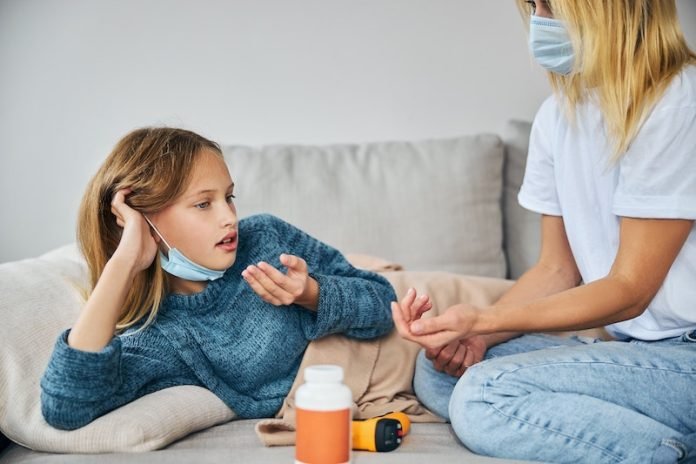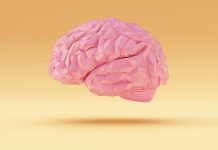
Sometimes, kids take on roles that are usually meant for adults. Imagine a child looking after their younger siblings, managing bills, or comforting a parent who is sad.
This role-reversal, where the child acts more like the parent, is called “parentification.” While it might seem like these kids are just being responsible, this big responsibility can have some big effects on their mental health.
The Weight of Being “Grown-Up”
Growing up fast might seem admirable, but it comes with its own set of challenges.
Stress and Anxiety:
Kids are meant to be kids. They should play, learn, and enjoy their childhood. When they take on adult responsibilities, it can be very stressful for them.
Research has shown that kids who act as caregivers or emotional supports for their parents often feel worried and anxious. They might be scared of making mistakes or feel like they have to be perfect all the time.
Lost Childhood:
Kids who take on grown-up roles often miss out on regular kid stuff. Studies suggest that these children might not have as many friends or fun activities.
They might not get to play sports, go to parties, or just hang out with other kids their age. This can make them feel left out or different from their peers.
Feeling Overwhelmed:
Juggling school, household tasks, and caring for family members can be too much for a kid.
Research has shown that these children often feel tired, stressed, and overwhelmed. They might have trouble sleeping, get headaches, or feel sad a lot.
What This Means for Their Future
Acting grown-up while still a child can have long-term effects.
Relationship Struggles:
Kids who have been “parentified” might have problems in their future relationships. They might struggle to trust others or always feel like they have to be in control.
Some studies have shown that they might find it hard to connect with people their age or understand their feelings.
Mental Health Concerns:
The stress and pressure from childhood can carry on into adulthood. Research has indicated that these adults might be more prone to depression, anxiety, or other mental health issues.
They might also struggle with self-worth and feel like they’re not good enough.
Strong Resilience:
It’s not all bad news. Some studies suggest that kids who take on big responsibilities might also develop strong problem-solving skills.
They might be more mature, understanding, and resilient in the face of challenges. This resilience can be an asset in their adult lives, but it’s essential to balance it with care and support.
Supporting and Understanding Their Needs
If we know a child is taking on too much responsibility, how can we help?
Seek Professional Help:
Talking to a counselor or therapist can be beneficial. They can provide tools and strategies to cope with stress and emotional challenges.
They can also offer support and understanding, letting the child know they’re not alone.
Encourage Kid Time:
It’s crucial for these kids to have time to be kids. Encouraging them to play, join clubs, or hang out with friends can give them a much-needed break. It can also help them connect with their peers and feel more “normal.”
Educate and Raise Awareness:
Understanding is the first step to help. By learning about parentification and its effects, parents, teachers, and other adults can provide better support to these children.
They can offer a listening ear, a helping hand, or just a safe space to relax and be a kid.
Conclusion
Kids should be kids. While taking on adult roles might seem like a sign of maturity, it can have lasting effects on their mental health.
It’s essential to recognize the signs of parentification and offer the support and understanding these children need. With the right care, they can navigate their challenges and lead balanced, healthy lives.
If you care about mental health, please read studies about 6 foods you can eat to improve mental health, and B vitamins could help prevent depression and anxiety.
For more information about mental health, please see recent studies about how dairy foods may influence depression risk, and results showing Omega-3 fats may help reduce depression.
Follow us on Twitter for more articles about this topic.
Copyright © 2023 Knowridge Science Report. All rights reserved.



